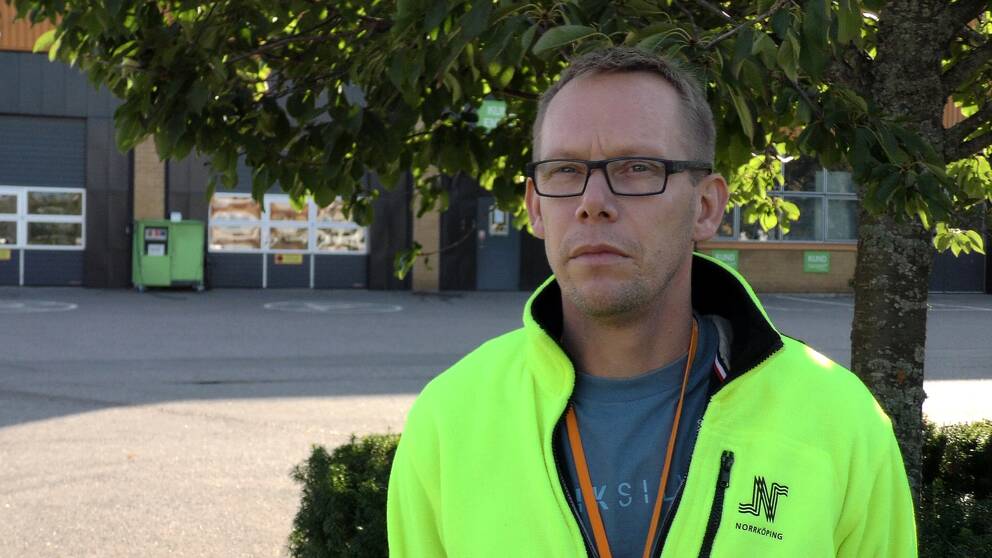The purpose is to get citizens to think about transport. Can more people choose to walk or cycle instead of taking the car? Can it in turn promote the well-being of the inhabitants and reduce the impact of bad air in cities.
Last year, 53 Swedish cities participated in the European campaign "European Mobility Week", translated into Swedish for the European Roadster Week.
Norrköping outsideNorrköping has chosen not to participate. The reason is that you find yourself getting more out of the other activities you are involved in. This year the municipality has lent electric bicycles, in October there will be a venture to wear reflex and closer to the winter there will also be a campaign to use sticks aimed at elderly residents.
- We thought it was more important to spread efforts during the year, says Jannica Schelin of Norrköping Municipality.
Some cities also shut down car traffic on a street for a day, but Norrköping Municipality sees this as not providing long-term results.
Linköping is one of seven Östgöta municipalities that have activities during the traffic week. Information on how to get on a bike in the city spread in different places during the week. On Wednesday, information was provided in the university area and there was also the opportunity to have his bike serviced.
This week sends good signalsLinköping sees participation as a good signal, but emphasizes that much is being done during the rest of the year. This year, for example, a family has been trying to live without a car for a while. Something that SVT News East has previously reported on.
Interest in the whole country has gone down considerably. In 2012, 105 Swedish municipalities participated in the European road user week. Since then, the curve has generally gone down and last year, 2018, only 53 municipalities participated.
At European level, interest has instead commuted somewhat, but in recent years the number of participating municipalities has increased. Last year, 2792 European municipalities participated.

